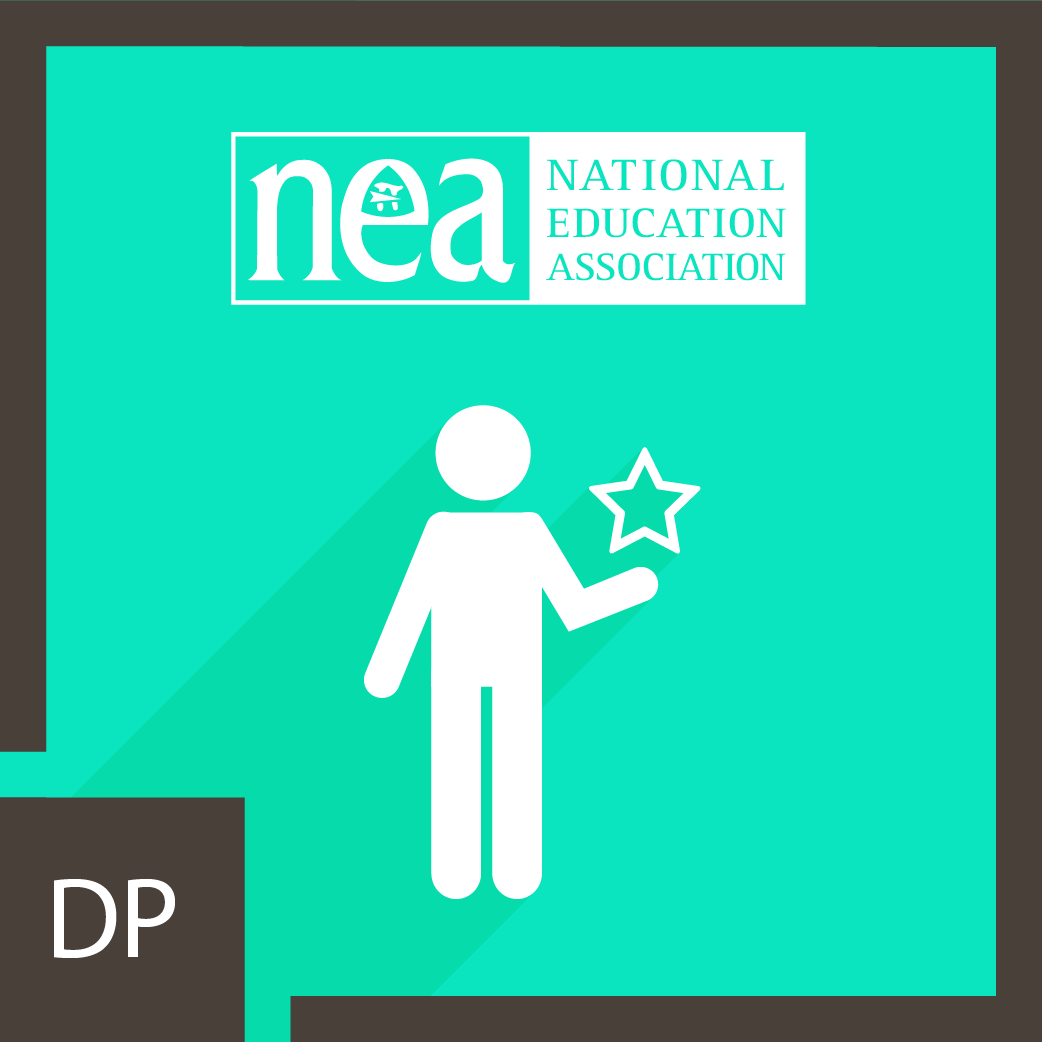
|
4. IDEA- Determining Eligibility
Educator demonstrates an understanding of the connection between laws, regulations, policies, and procedures at the federal, state, and local levels and the process used to determine eligibility for special education and related services.
Types of Evidence Required: Comparison Chart, Informational Pamphlet, and Presentation
[View PDF]
|
Start
|
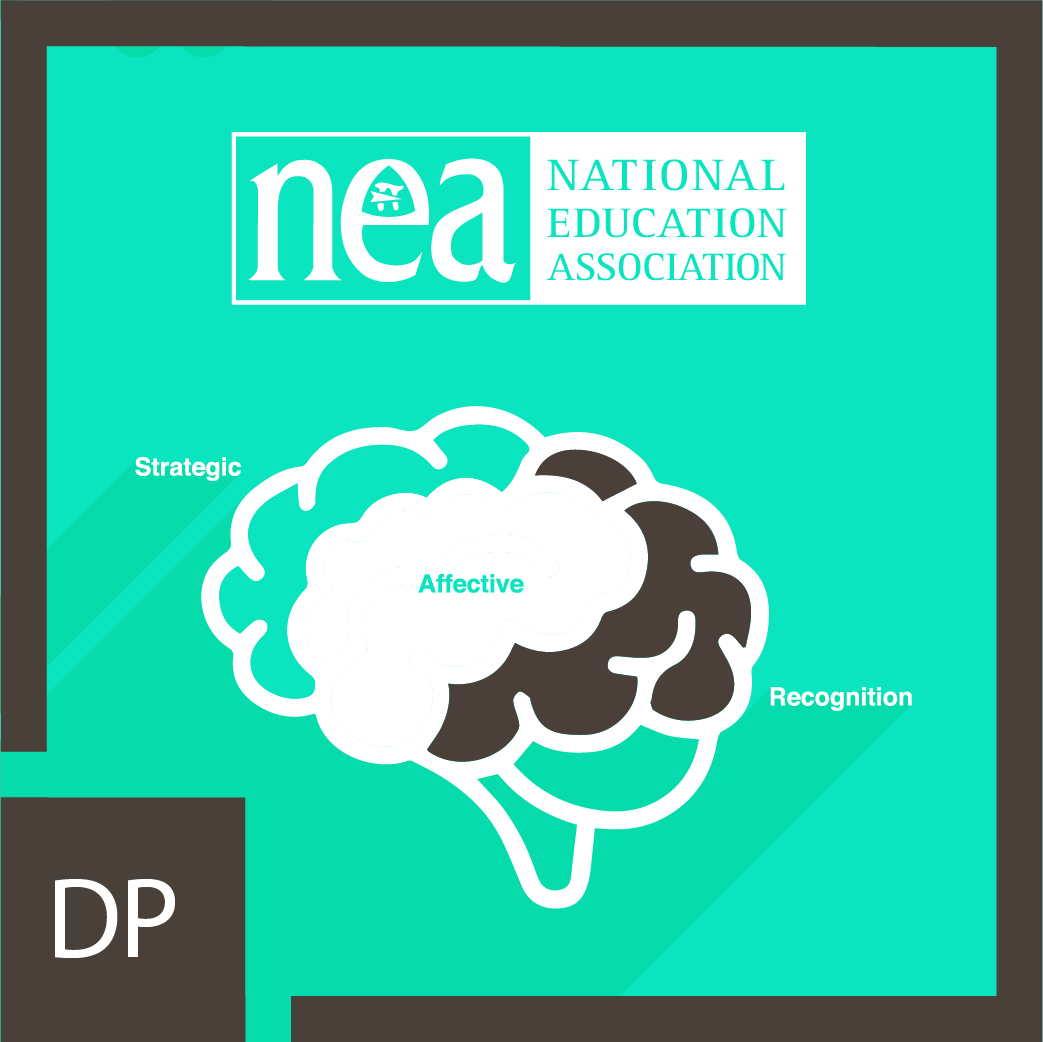
|
6. Introduction to Universal Design and Learning
Educator uses the Universal Design for Learning (UDL) guidelines and checkpoints to enhance their unit of study planning to reduce barriers to learning and support all students to become expert learners.
Types of Evidence Required: Analysis of Current UDL Implementation, Enhanced Unit of Study, and a Wrtitten Rationale
[View PDF]
|
Start
|
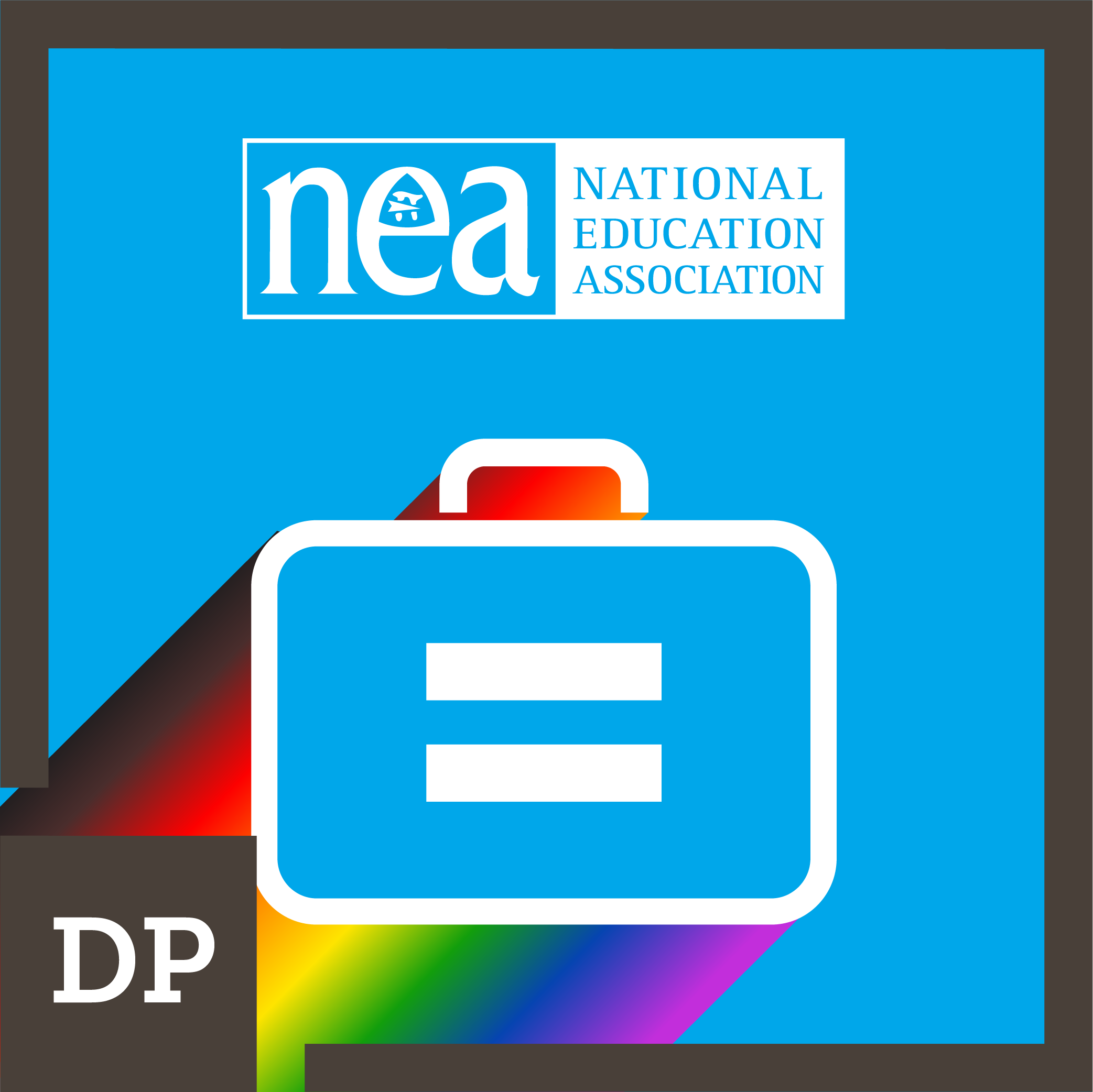
|
Advocating for LGBTQ- Inclusive Workplaces
Educator advocates for LGBTQ-inclusive policy and protections for adults in the workplace.
Types of Evidence Required: presentation video OR screencast OR PowerPoint/keynote/Google Slideshow
[View PDF]
|
Start
|
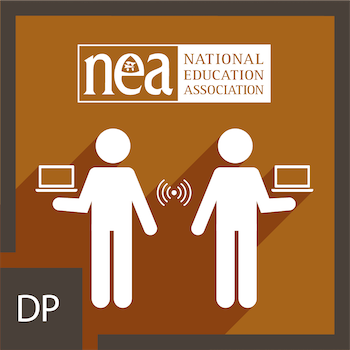
|
Building Relationships Online
Facilitator uses multiple strategies to support the formation of safe, productive, and professional relationships in online settings.
Types of Evidence Required: Course Syllabus, lesson artifact OR presentation, and a video OR Annotated Screenshots
[View PDF]
|
Start
|
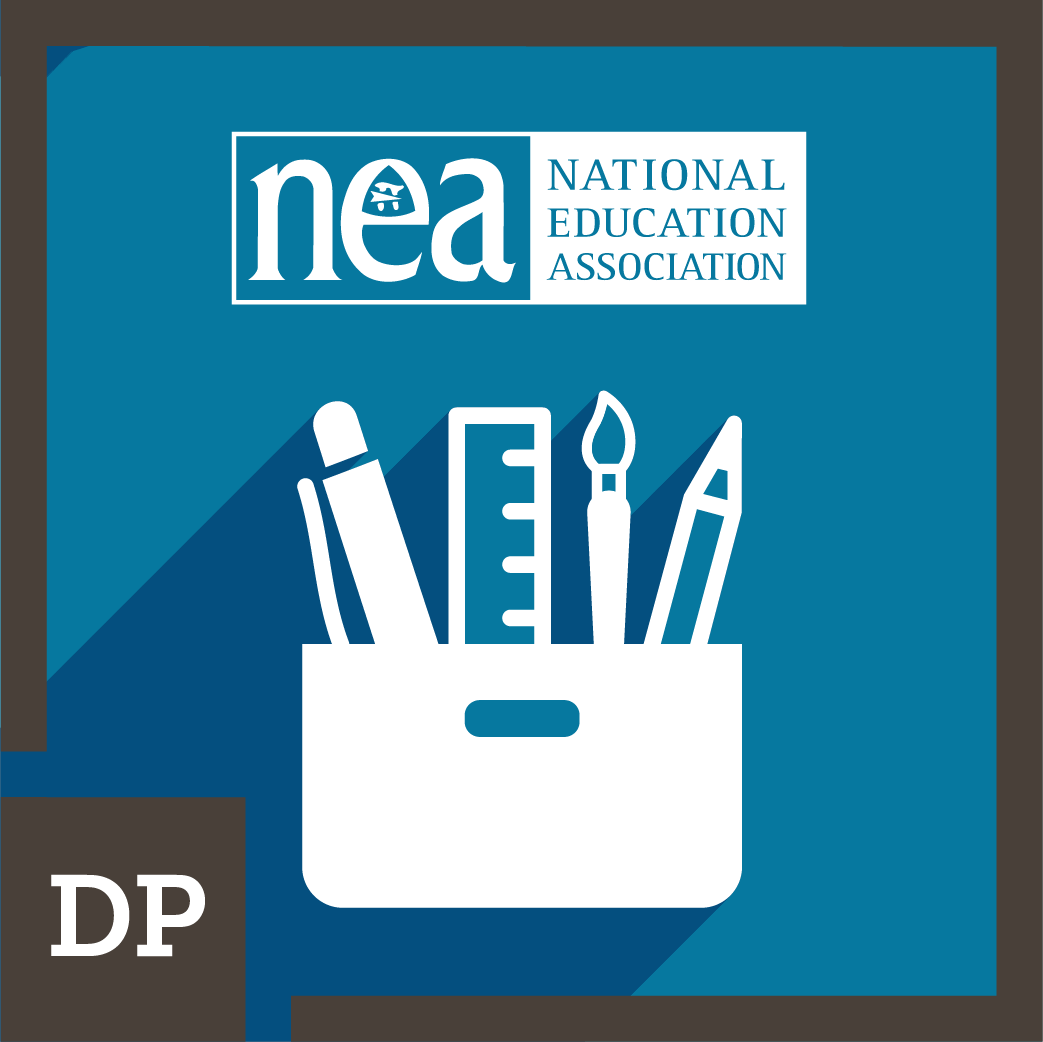
|
Classroom Management for Creative Learning
Educator creates a kinesthetic, cooperative, and culturally responsive classroom to maintain an engaging learning environment.
Types of Evidence Required: Document, Visual Evidence
[View PDF]
|
Start
|
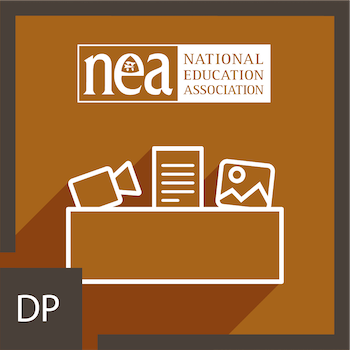
|
Connected Educator- Growing Your Professional Network
Educator shares and learns in the global community as a means to develop professionally.
Types of Evidence Required: List of memberships, problem of practice and solution, website OR blog.
[View PDF]
|
Start
|
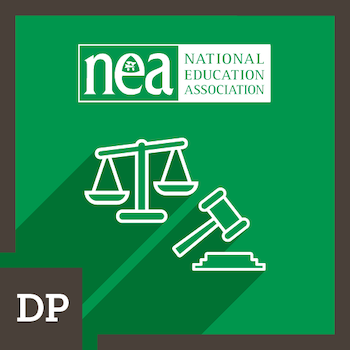
|
Educator Ethics and the Law
Educator uses their knowledge of laws and policies in their day-to-day decision-making to model and promote ethical behavior.
Types of Evidence Required: One pagers, presentation, analysis, examples
[View PDF]
|
Start
|
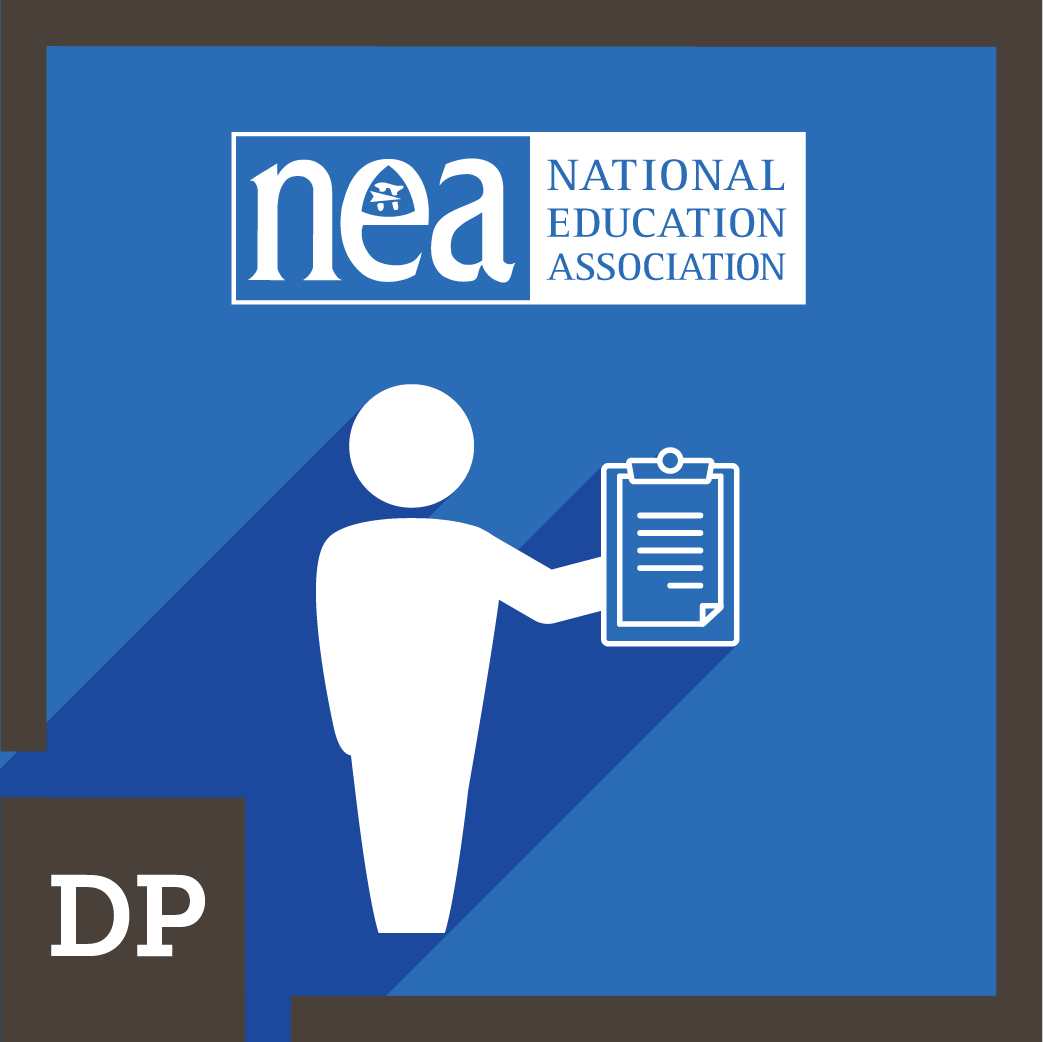
|
Foundational Principles of Quality Assessment
Educator uses the foundational principles of quality assessment practices to design classroom assessments and assessment practices to provide all important stakeholders (educators, students, families, policymakers, etc.) with useful information about student learning.
Types of Evidence Required: Document, PDF
[View PDF]
|
Start
|
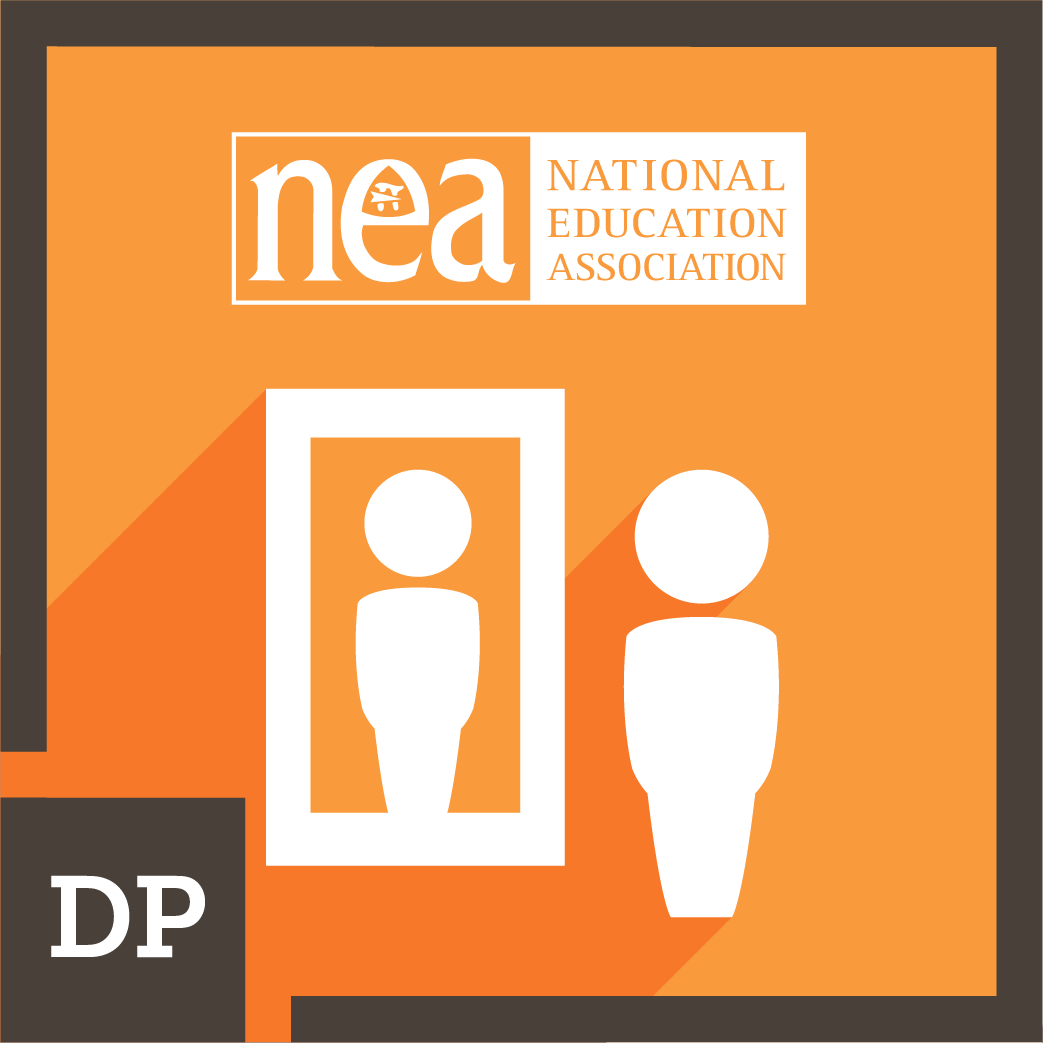
|
Reflective Practice to Improve Personal Effectiveness in the Classroom
Educator reflects on their practice to improve personal effectiveness in the classroom.
Types of Evidence Required: Written artifact, 2 SMART Goals, Written artifact,
[View PDF]
|
Start
|

|
Responsibility for Professional Competence
Educator takes responsibility for professional competence.
Types of Evidence Required: Action plan, one pagers, research
[View PDF]
|
Start
|
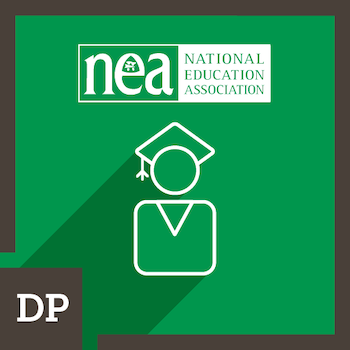
|
Responsibility to Students
Educator respects the rights and dignity of students by demonstrating an ethic of care through developmentally appropriate interactions and boundaries within an educational setting.
Types of Evidence Required: Compare/contrast, summary, presentation
[View PDF]
|
Start
|
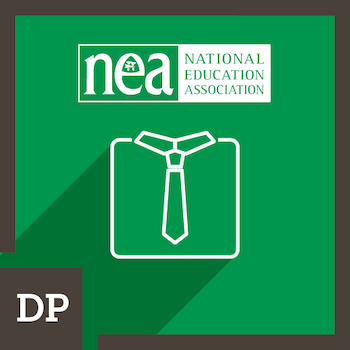
|
Responsibility to the Profession
Educator examines their ethical behavior, promotes the advancement of the profession, and attempts to address and resolve ethical issues.
Types of Evidence Required: Time management system, resolution, action plan
[View PDF]
|
Start
|
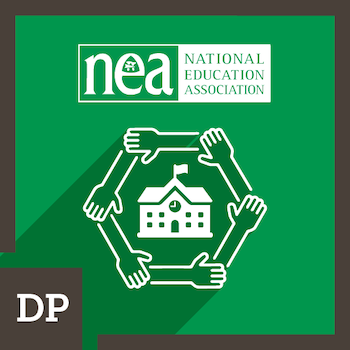
|
Responsibility to the School Community
Educator uses research and resources to promote ethical relationships and effective interactions with members of the school community.
Types of Evidence Required: Concept circle, chart, one pagers,parent communication plan
[View PDF]
|
Start
|
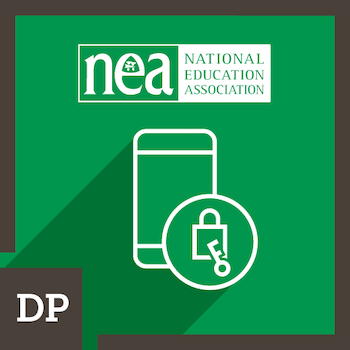
|
Responsible and Ethical Use of Technology
Educator demonstrates responsible and ethical use of technology.
Types of Evidence Required: Handbook
[View PDF]
|
Start
|
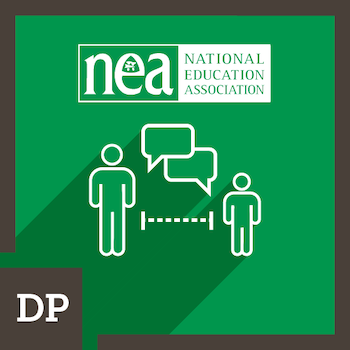
|
Setting and Maintaining Ethical Boundaries
Educator sets and maintains ethical boundaries in their professional life.
Types of Evidence Required: Drawing, chart, slide show or article
[View PDF]
|
Start
|
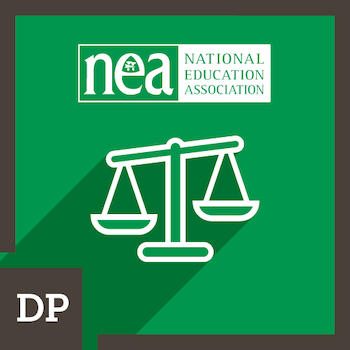
|
Understanding Educator Ethics
Educators will use research and resources to distinguish between codes of conduct and codes of ethics in order to determine best ethical practices when confronting a variety of dilemmas.
Types of Evidence Required: Resource, implementation description,case study
[View PDF]
|
Start
|